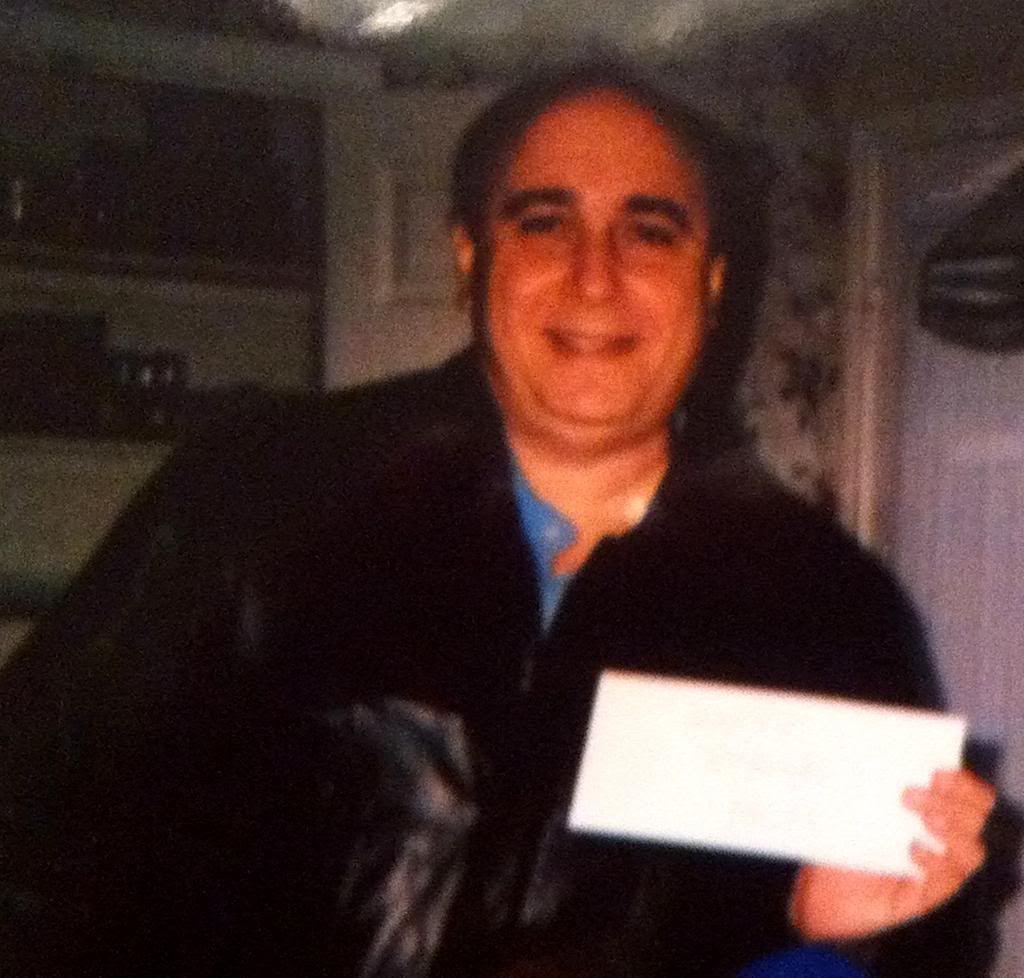breaking through a plateau?
Options
Replies
-
Let me start this by saying I am NOT a licenced dietician, but I speak to them daily. I have been reading an enormous amount of information from well respected sources - Currently: Exercise Nutrition - A Manual for Professionals 5th ed (just out) that covers things like exercise specific requirements for protein, carbs, fat, supplements, timing of ingestion, yada yada. It's a bit heady if you are not in the field or medically based. Talks about REE(resting energy expenditure) values, VOmax, and RMRs.
That said, back to your question:
First - plateaus occur in part because you have reached a steady state between glycogen synthesis and glycogen burned. Sort of like the MPB (muscle protein balance) = MPS (muscle protein sythesis) - MPB (muscle protein burned) reaches a balance.
Glycogen is stored in the liver and muscle - and when utilized releases water. When you diet you are dropping glycogen from stored locations. When you burn it, you release the water with it. You lose weight.
When your body reaches a plateau, it has reached equalibrium between multiple things, but glycogen burned and restored is one of them and probably the biggest component to not losing more weight.
Eliminating other factors - muscle building, fluid retention, etc....the simplist way to continue to drop is lower your calories or up your exercise time or intensity.
EATING MORE TO LOSE MORE is NOT the answer.
First off, our bodies may be burning fuel, but food is not like Gasoline. Pour a little on and boom. Your metabolic rate explodes. If this is true, I'm going to be the first to lose weight at the buffet diet plan. The bottom line is that your metabolic rate does increase when you eat...but NOT THAT MUCH. I don't care if you eat pure protein and complex carbs...you'll still collect more calories than your "increased burn" from a slightly higher BMR (base metabolic rate).
The number of calories you have to decrease varies depending on your body composition. Heavily muscled individuals have a higher RMR(resting metabolic rate) and if you are muscle building you might stay at a plateau because you are replacing fat with heavier muscle.
In any event, lowering your calorie count - carbs or fat if possible - if you are not exercising too much - by 100 to 200 cals per day or increase the intensity or duration of your workout. Do a different workout...because your body may have become trained and more efficient at what you are doing so it burns less calories doing it. Example would be a runner that averages 100 miles a week won't burn nearly the calories I would because they are more efficient at that exercise..so burn less.
Lastly, as you lose weight remember that the same exercise does NOT burn the same amount of calories. It burns less because you are lighter. So you really have to change things around.
EATING MORE is not the answer - UNLESS: You are not taking in enough carbs to cover your activity and you fatigue too soon. Even then, eating more food isn't the answer - eating a higher number of grams of good carbs are. The fat in your diet shold be heart healthy (as much as possible). This is common with women atheletes that are trying to maintain lean body mass, but exercise a lot. If you exercise under 90 minutes and haven't restricted your calories too much it should not be an issue. You can intake good carb replacement without a ton of calories with supplements or the right foods.
PM me if you have specific questions. Best of Luck.





Created by MyFitnessPal.com - Free Calorie Counter0
Categories
- All Categories
- 1.4M Health, Wellness and Goals
- 392K Introduce Yourself
- 43.6K Getting Started
- 259.8K Health and Weight Loss
- 175.7K Food and Nutrition
- 47.4K Recipes
- 232.3K Fitness and Exercise
- 401 Sleep, Mindfulness and Overall Wellness
- 6.4K Goal: Maintaining Weight
- 8.5K Goal: Gaining Weight and Body Building
- 152.8K Motivation and Support
- 7.9K Challenges
- 1.3K Debate Club
- 96.3K Chit-Chat
- 2.5K Fun and Games
- 3.4K MyFitnessPal Information
- 23 News and Announcements
- 992 Feature Suggestions and Ideas
- 2.4K MyFitnessPal Tech Support Questions
